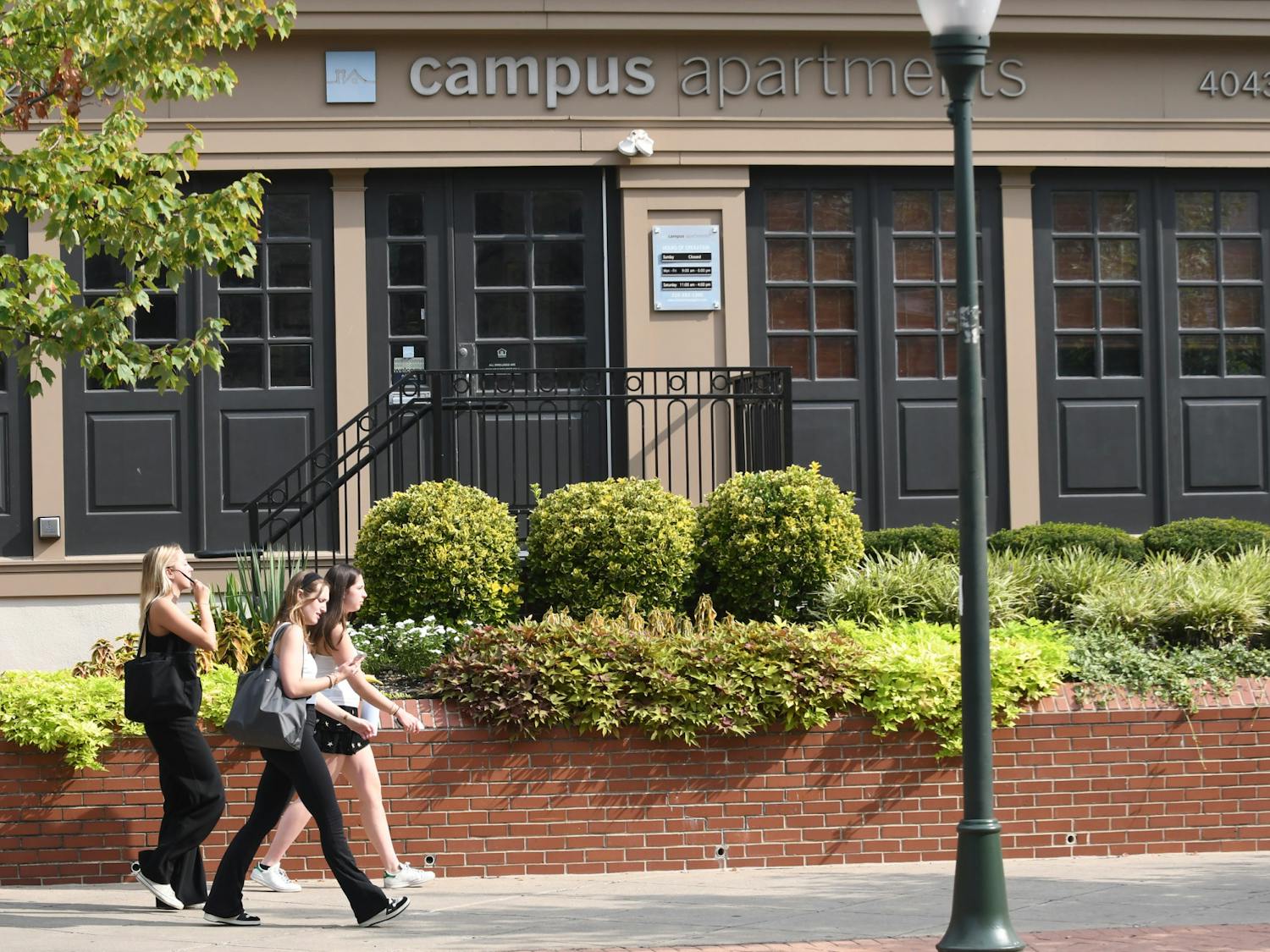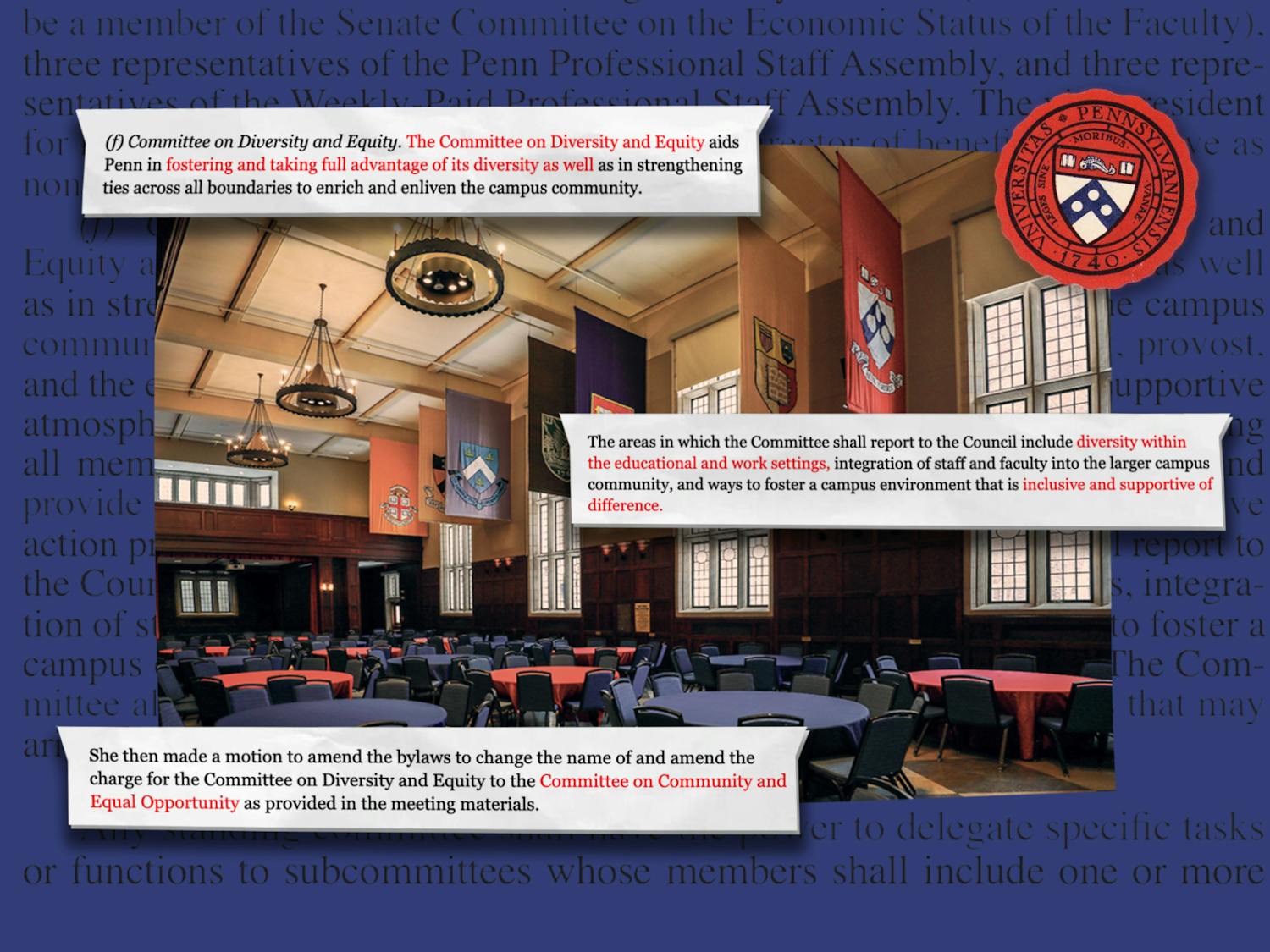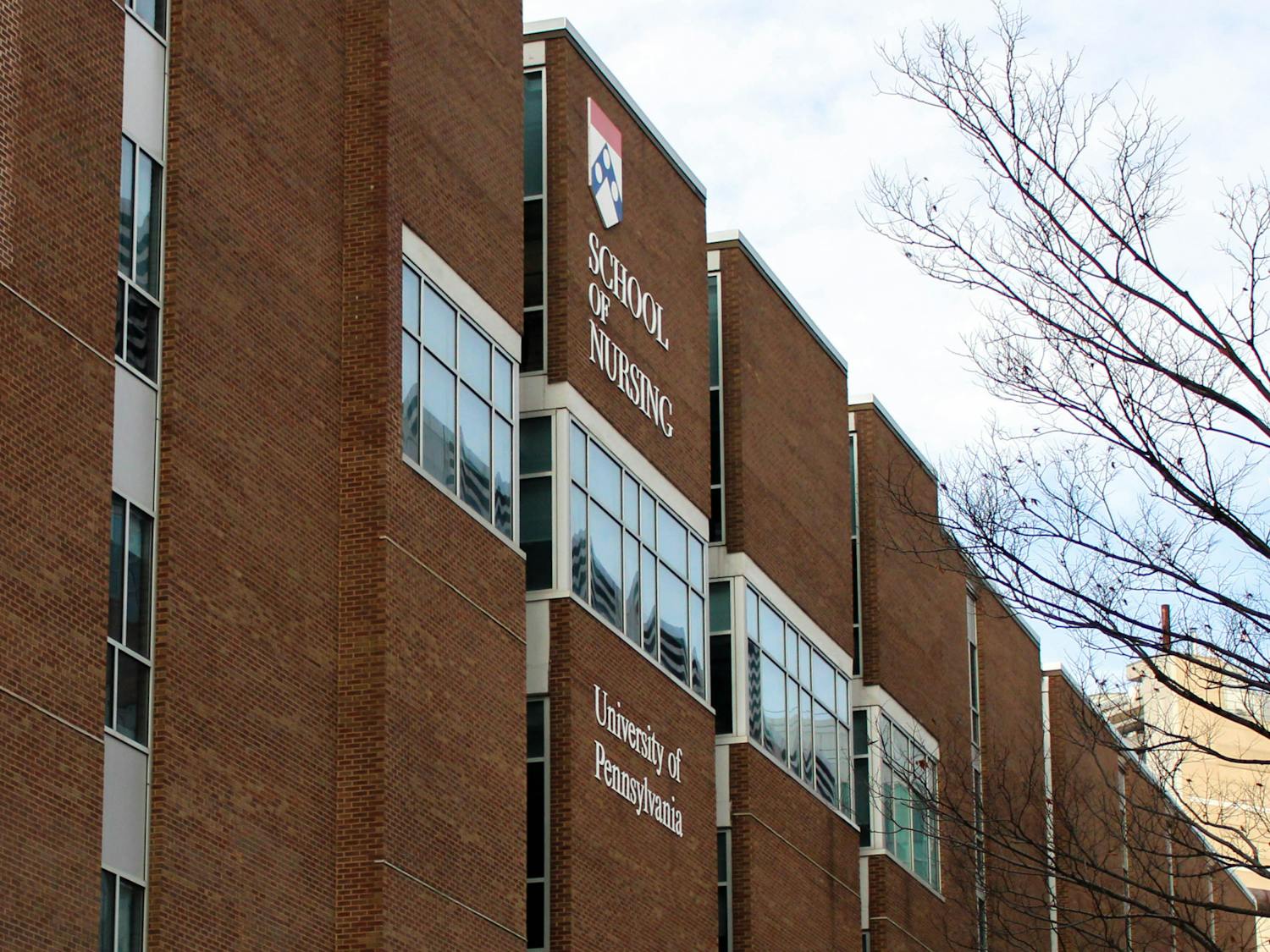Defeated once, the controversial DREAM Act is once again up for discussion in Washington. And last night, the conversation made its way to Penn.
The Civic House Association Coalition hosted a panel on the DREAM Act for 30 students in McClelland Hall as part of its monthly “Think About It” event series.
The panel, which was moderated by College junior Pallavi Podapati, included Penn Law School professor Matthew Lister, Democrat Pennsylvania state representative Brendan Boyle and Wharton sophomore Tania Chairez. Chairez came out as an undocumented student in an October Daily Pennsylvanian editorial and is now the co-founder of a new student group, Penn for Student Rights.
Originally proposed in 2001, the Development, Relief and Education for Alien Minors Act — also known as the DREAM Act — is aimed at removing legal and economic barriers for undocumented students looking for higher education.
The act would allow eligible applicants to enlist in the military or go to college and have a path to citizenship.
The bill requires applicants to have entered the United States before age 16 and be between 12 and 35 years old; have lived in the U.S. for five consecutive years prior to enactment of the bill; have graduated from a U.S. high school, obtained a G.E.D., or have been accepted to a college; and have good moral character.
The proposal failed in Dec. 2010 and a modified act was introduced last year. The more recent bill requires a two-year military commitment before applicants can benefit from the act.
Although the bill was unable to pass on the federal level, several states — including Pennsylvania — have drafted or passed their own versions.
Related
Your Voice | Our Cambodian neighbors
Often, those opposing the DREAM Act’s legalization claim the bill rewards illegal immigration with citizenship.
But Wharton freshman Tan Chan, whose high school friend is an undocumented immigrant, disagrees. “[The DREAM Act is] a humanitarian act that is not condoning anything,” she said. “It’s basically granting people rights where they need them.”
Mifta Chowdhury, a College junior on the board of the CHAC said, “The beneficiaries of this bill would be very intelligent members of society, ideally … They would contribute in all fields, whether they’re engineers … [or] business professionals.”
With the act passed, Chowdhury said, “We’d have members of the community contributing freely without this sort of stigma attached to them.”
However, the opposition claims the nation might not necessarily gain the long-term benefits that supporters so strongly vouch for.
Undocumented students could benefit from the DREAM Act and then move back to their home countries, contributing to home economies rather staying in the U.S.
“I think that the facts really dispute that,” replied Boyle. “The kind of people that … would benefit from the DREAM Act, at least on the state level, are for all intents and purposes Americans.”
“They’re folks who grew up here, have lived in our state for a long time, want to go here, want to stay here. The idea that [someone] would suddenly turn around and move to another country is extremely unlikely,” he said.
Overall, the consensus in the room was that the DREAM Act seemed like a way to be fair to undocumented students while boosting the economy in the long run.
“I think that the actual effect would be a huge net gain,” said Schurmans. “[Making] them legally a part of the community allows them to really, perhaps, take part in the community in more open ways and contribute even more to society than they already do.”








